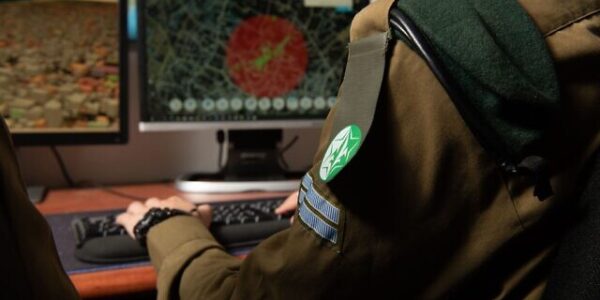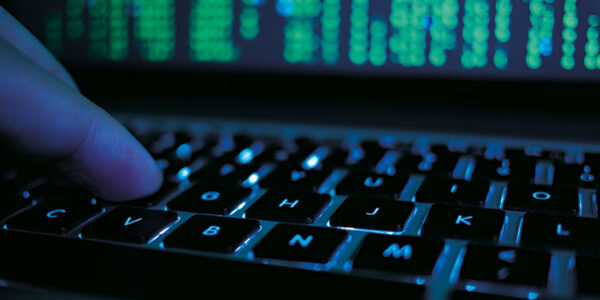Cyber
- Homepage
- Cyber
“Largest IT Disaster to Date” Raises Concerns About Global Tech Infrastructure
The effect of the outage is so widespread because Crowdstrike is the largest endpoint solution provider globally. Approximately 70% of the world’s desktop computers run on Microsoft Windows.
AI tools and chatbots are rocket fuel for massive increase in cyber crime
Cyber criminals are weaponising advanced chatbots and AI technologies to amplify their attacks, marking a significant escalation in the digital arms race. Experts warn that these powerful AI tools are being deployed at a record scale and speed, creating a…
Hamas buys sophisticated criminal malware to target Israel
The computer viruses can be purchased for as little as $200 USD a month with the more sophisticated versions being rented to terrorist groups for up to $1million USD a year.
Google warn of Russian cyber threats and Chinese espionage at Paris Olympics
The Paris Olympic games are facing an unprecedented threat with security experts warning that state-level hackers are aiming to seriously disrupt the global sporting event with cyber attacks and disinformation campaigns. Dr Jamie Collier, a threat expert at Mandiant, Google’s…
Israel building “Cyber Dome” to counter increased Iranian cyber attacks
Israel is creating a new defence system called Cyber Dome to protect the country from online attacks being launched by Iran and its proxies in the wake of the Hamas October attack. Inspired by Israel’s Iron Dome missile defence system,…
Russian hacker used U.S. company system to hack Ukraine government
The Federal Bureau of Investigation is offering a $10m USD reward for the capture of a Russian computer hacker responsible for launching a string of damaging cyber attacks in the U.S. and Ukraine. The FBI have placed Amin Timovich Stigal…
Offshore wind farms are extremely vulnerable to cyber attacks
Offshore wind farms located in the North Sea are becoming increasing vulnerable to cyber attacks, according to a new report. Wind farms located in remote areas rely heavily on digital connections to communicate with land-based systems. But many are equipped…
China’s Hacking Network: Talent competitions fuel state espionage
China is recruiting talented citizens through local “hacking competitions” and weaponising their talents to attack Western governments, according to a report by ETH Zurich University’s Centre for Security Studies. The revelation, coupled with recent admissions by Dutch officials about the…
Russia’s disinformation campaigns intensify ahead of Paris Olympics 2024
As the world eagerly anticipates the start of the 2024 Paris Olympics next month, a darker shadow looms over the festivities. The Microsoft Threat Analysis Centre (MTAC) has sounded the alarm on a significant uptick in malign influence campaigns orchestrated…
Experts Discuss Evolving Strategies in Cyber War: From Destructive Attacks to Digital Espionage
As the digital battlefield rapidly evolves, the Russia-Ukraine conflict has become a critical case study in the effectiveness and strategies of cyber operations during crises. A recent cybersecurity conference in London hosted by the National Cyber Security Centre (NCSC) painted…































































































































































































































































































